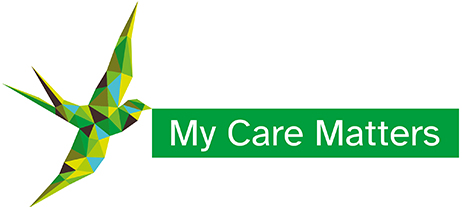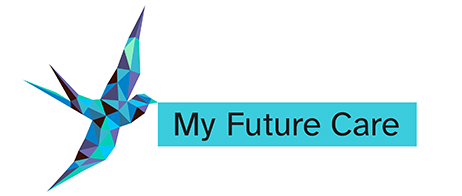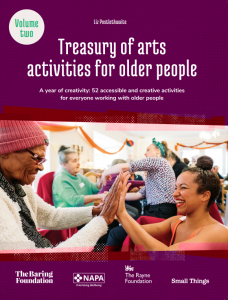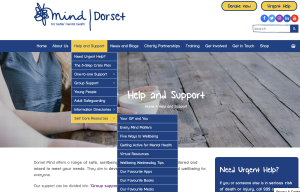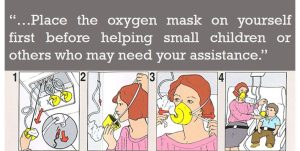No products in the basket.
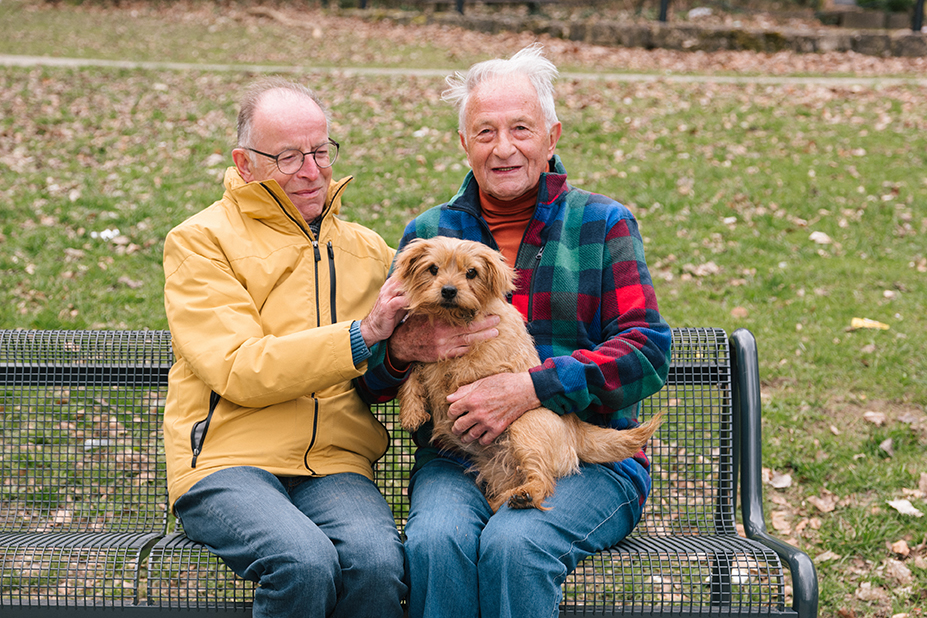
We are delighted to have expert Phil Harper, Senior lecturer in Health and Care Management at Arden University, answer our questions for LGBTQ+ history awareness month. It is so important to remember that people in our care may well have experienced painful pasts, often hiding their sexuality for fear of discrimination both in their own families and from society as a whole. Many will have suffered verbal abuse and moments where they felt rejected by their local community, so it’s vital these life histories are understood and acknowledged. Hopefully this article will highlight some of the ways we can all begin to act and work more inclusively, avoiding subtle discriminations and creating a more welcoming environment for everyone.
Do we know how many LGBTQ+ people with dementia are currently receiving care in the UK?
Though we don’t know the actual figure, we can make a reliable estimate.
There are 1.2 million older gay and lesbian people in the U.K and if we apply this number to the fact that one in 14 people over the age of 65 may develop a form of dementia, then it can be estimated that there could be over 85,000 gay and lesbian people with dementia in the UK alone.
As 75% of people in care homes and 40% of people in hospital have dementia or memory problems, it can be assumed that many of those 85,000 LGBTQ+ people living with dementia will at some point need health and/or social care. Therefore, it is vital that care staff understand the needs of this demographic.
What are micro-aggressions?
Micro-aggressions have been defined as subtle, often not intentional, forms of discrimination (D.W.Sue 2010)
Examples of LGBTQ+ micro aggressions usually fall under these four main areas:
- Terminology that discriminates against a LGBTQ+ person
- Enforcing heterosexual norms
- Disregarding people’s individual experiences
- Not accepting that a LGBTQ+ person has specific needs. (see Nadal et al 2010)
How important is it to use correct terminology and language?
The positive use of language is essential in enabling an LGBTQ+ person to feel validated
Here are some examples:
Using the correct pronouns
In the case of a person who is transgender, misgendering an individual can often cause a person to feel isolated and not accepted. Using an individual’s pronouns can lead to the feeling of inclusion especially for a person with dementia who can present with differing levels of confusion.
Negative impact of labelling
According to Kitwood (1997) healthcare professionals often unintentionally cause harm through overlooking a person’s social needs, this concept is known as Malignant Social Psychology (MSP). Labelling a person is an example of MSP.
Sexuality is incredibly complicated, therefore, we like to put people into boxes and assign labels. This does not allow for the individuality of sexuality, for example, not every heterosexual person finds the same person attractive.
Kitwood famously said: ‘When you’ve met one person with dementia, you’ve met one person with dementia’. Therefore, we must not enforce our norms onto a LGBTQ+ individual living with dementia and make assumptions about their needs.
What does heteronormativity mean and why is it an issue in care?
LGBTQ+ individuals often try and conform to heterosexual norms and ideals due to societies championing of heterosexuality. This is known as heteronormativity.
Here are some examples that often occur in care:
- Asking a new resident or patient if they have a wife or husband rather than partner
- Decorating a care home (or ward) with heteronormative imagery e.g. only having posters with heterosexual couples on, or displaying artwork showing happy heterosexual relationships only.
- Theming activities around heterosexual love
These occurrences of heteronormativity can have a particularly negative impact on a person living with dementia and may cause a person to ‘go back into the closet’, often due to a person feeling invalidated and fearing negative perceptions.
Heteronormativity can cause people to self-regulate their behaviours. This may be more evident in a person living with dementia due to it being common for an individual to resort to earlier memories and experiences, therefore, a person may revert to a time where being LGBTQ+ was illegal or less accepted in society.
The inclusion of LGBTQ+ affirming imagery and having welcoming conversations with health and social care staff is important in order to communicate to a LGBTQ+ person that they are valid and accepted in society and can continue to express their gender and/ or sexuality.
Why do older LGBTQ+ people so often fear healthcare?
There are many reasons for this fear, fundamentally it is caused by a lack of understanding of an LGBTQ+ person’s needs by health and social care professionals.
This lack of understanding can mean professionals:
- Overlook the importance of non-heteronormative partners
- Overlook a single person’s ‘family of choice’ formed of close friends.
- Dismiss the potential conflicts between these families of choice and biological families – particularly when a person lacks capacity and professionals are making best interest decisions.
Partners and family members are experts in that person and are essential in providing individualised care but some biological families struggle to accept a LGBTQ+ persons sexuality or gender. Health and social care professionals should be encouraged to identify the conflicts between some families and the wishes of a LGBTQ+ person.
How might the environment and activities be adapted for LGBTQ+ people?
Reminiscence is an example of an area that needs to be culturally sensitive. Avoid the use of Memory lanes in corridors which may force mobile residents to re-live painful memories. Alternatively, reminiscence corners or boxes might be more appropriate and will not force reminiscence that is not individualised for residents. Activity providers should be aware of potential triggers before embarking on any reminiscence type activities like life story work.
Themed activities need to be fully inclusive and embrace art, literature and music that celebrates LGBTQ+ people and their relationships.
What are your hopes for the future in care?
We have moved forward in society and have become more tolerant of LGBTQ+ people; however, we need to do more, we need to move towards inclusion. Subtle and often unintentional forms of discrimination such as the micro aggressions discussed, need to be eradicated to achieve this. Safe healthcare environments need to be created. This can often be achieved through improved equality and diversity training and improved multidisciplinary working where LGBTQ+ support services and healthcare professionals work together.
Many thanks to Phil Harper for taking the time to share their thoughts with us.
Please see below for information about Arden University’s new Health and Care Chartered Management Degree Apprenticeship. A fast track to a BSc (Hons) degree in 2.5 years with a relevant level 5 qualification.
Health and Care Management Degree Apprenticeship Opportunity
Here at Arden University, we have developed a new Health and Care Management Chartered Management Degree Apprenticeship. This has been developed with social care in mind, a fast track option means anyone with a relevant level 5 qualification and appropriate management experience can complete the programme in only 2.5 years.
This accredited degree apprenticeship programme provides a professional pathway for management and leadership development. Participants will learn cutting edge knowledge and theory through the BSc (Hons) Health and Care Management degree modules, whilst developing and demonstrating new skills and behaviours in the workplace.
In addition to the Arden University honours degree, the Chartered Manager Degree Apprenticeship programme provides successful completers with the prestigious NHS Leadership Academy Mary Seacole Award and full Chartered Manager accreditation upon completion, ensuring all candidates gain the management skills and recognition they need to enhance their career.
If you would like more information, please follow the following link:
or email the Programme Lead Phil Harper:
| Phil Harper
(They/Them) Senior Lecturer in Health and Care Management Programme Lead- Chartered Manager Degree Apprenticeship (CDMA) and Fast Track CMDA Research Interest: LGBTQ healthcare, Ageing and Dementia Care. Email: pharper@arden.ac.uk |
Arden University
Arden House, Middlemarch Park, Coventry, CV3 4FJ
Registered in England No: 2450180 | Vat No: 7053350 66
